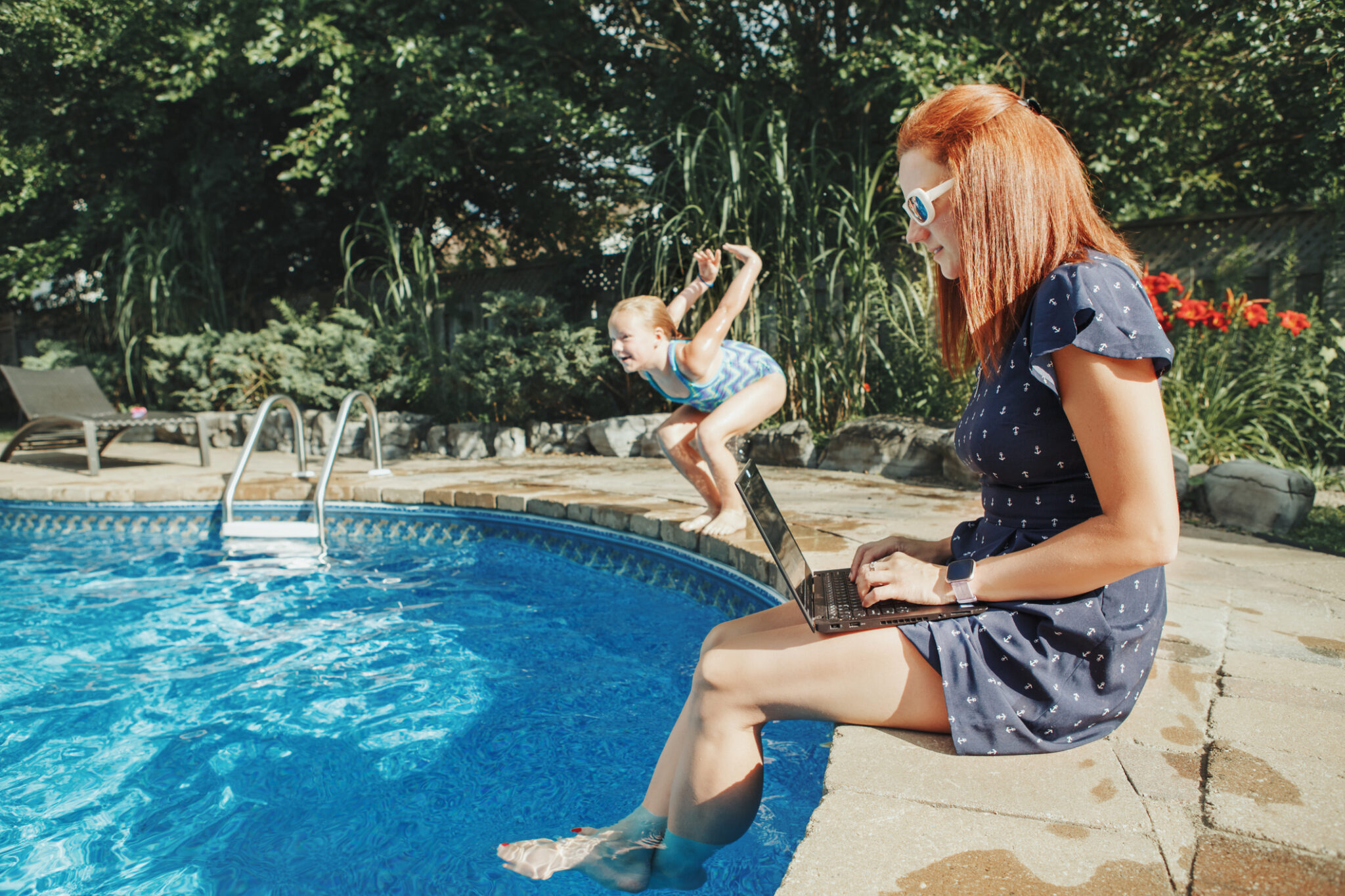The Financial Impact of Short-Term Rental Guest Injuries and How Insurance Helps

The short-term and vacation rental property industry continues to grow. According to a recent report, the business currently commands a $64 billion market, with 2.4 million properties and nearly 785,000 hosts. With frequent guest turnover, you can expect that once in a while,
When a guest is hurt at a short-term rental property, they may have the right to file a premises liability claim. Typically, property managers and owners are the primary targets of litigation. If the property is listed on an online rental platform like Airbnb, the injured party may consider filing a claim against that company as well.
Take a closer look at some of the most common injuries claimed by short-term property renters, what role rental insurance like Safely plays, and how managers can mitigate risk to reduce injury incidents on the premises.
Common Rental Guest Injury Claims
Vacations are supposed to provide recreation, relaxation, and satisfaction. However, the risk of rental guest injuries at rental homes and resorts is just as prevalent as they are in commercial and residential properties. When these injuries happen, the resulting claims can make a significant impact on your overall financial outlook.
Some of the most common rental guest injuries include the following.
Slip and Fall Incidents
Slip and fall accidents are perhaps the most common personal injury in all types of businesses. The accident is usually the result of walking on wet or slippery surfaces, like the area surrounding a swimming pool. It can also be caused by uneven floors or badly lit areas.
Swimming Pool Accidents
Speaking of swimming pools, they can present risks of their own. Drowning or near-drowning accidents can happen with pools, in addition to slip and fall claims.
Stairway Accidents
Falls down staircases can result in serious injuries at rental properties. This is especially true with stairwells that are poorly lit or lack safety features.
Equipment Failures
Accessories and appliances are common sources of renter injuries. Faulty electric wiring in the kitchen can result in shock or electrocution from certain appliances. Similarly, malfunctioning exercise equipment can collapse or cause pinching injuries.
Fire Injuries
Electrical issues and kitchen accidents can also result in fire damage and injury from smoke inhalation and burns. These types of injuries can be extensive.
Hot Tub Injuries
Believe it or not, hot tub injuries happen more frequently than you might expect. Scalding, burning, or getting hair tangled up in tub drains can result from an ill-fated jacuzzi session.
Who Is Liable for a Rental Guest Injury?
When rental guest injuries happen, you may wonder which parties are legally — and financially — responsible. Depending on the property’s insurance coverage, vacation rental property managers and owners are typically held liable for guest injuries.
This legal responsibility is known as “premises liability” and falls under the concept of “duty of care.” This is defined as a legal obligation to keep renters safe and take steps to prevent property accidents and injuries.
How is liability doled out among rental property staffers and owners? Some of the key factors include:
- Overall property condition, wear and tear, age, and type
- Features on smoke alarms, fire extinguishers, pool fences, and other safety equipment
- Building code and regulatory compliance
- Emergency procedures
- Maintenance and inspection routines
- Guest screening procedures
- Sufficient warning signs and notices
- Insurance coverage details
These factors most commonly fall under the responsibility of the rental property management and ownership teams. However, some accidents can result from guest or renter negligence, like intoxication from alcohol or drugs and failure to follow public safety notices.
Even if the renter is found to be primarily responsible for the injury, rental property managers still need to prevent it from happening. Liability for these events can also overlap among different parties, making resulting claims more complicated.
How Insurance Plays a Part in Resolving Injury Claims
In all circumstances, short-term rental property insurance is crucial to manage damage and injury claims. Short-term rental insurance extends beyond the limitations of standard property insurance, as it is tailored to address the unique risks of rentals with high turnover rates.
Some of the most essential components of a short-term rental property insurance policy include liability and medical expense coverage. Liability insurance can lessen the impact of lawsuits over the injury, while medical cost insurance helps to cover the payment for emergency visits and treatment, regardless of which party is at fault.
When a claim is submitted, the insurance company provides extensive support. The company may represent the management team in court, oversee negotiations, make financial settlements, and restore operations after the incident.
A short-term rental insurance policy can help managers financially when it comes to paying out liability claims as well. Without a policy, the responsible parties can face overwhelming reparation costs that could drive them to bankruptcy, in some cases.
Risk Mitigation Strategies
By taking proactive measures, short-term rental property managers can limit or prevent injuries to guests and staff. Effective risk mitigation measures can include:
- Conducting regular property inspections
- Staying up to date and complying with safety regulations
- Clearly communicating safety standards and regulations to renters and guests
- Establishing a uniform emergency routine for accidents and incident response
- Designating an accessible emergency contact
- Conducting thorough guest screening, including background checks
- Verifying the safety of outdoor areas like pools, walkways, and picnic areas
A qualified short-term rental insurance agency like Safely can provide input on common risk mitigation standards as they apply to vacation rental properties. Such an agency will have encountered guest injuries in the past and can advise on specific steps to prevent them.
Safely: Coverage for Rental Guest Injuries
Safely focuses squarely on insuring short-term and vacation rental properties. These accommodations have particular insurance requirements very different from hotels, motels, and other resorts. Safely works hand-in-hand with property managers, insurance adjusters, legal authorities, and attorneys to ensure our coverage is complete and effective.
In addition to our rental insurance, Safely also provides traveler’s insurance and guest screening to guard against injuries on your property. To learn more about our insurance packages and other offerings, get in touch with us using our online contact form today.






